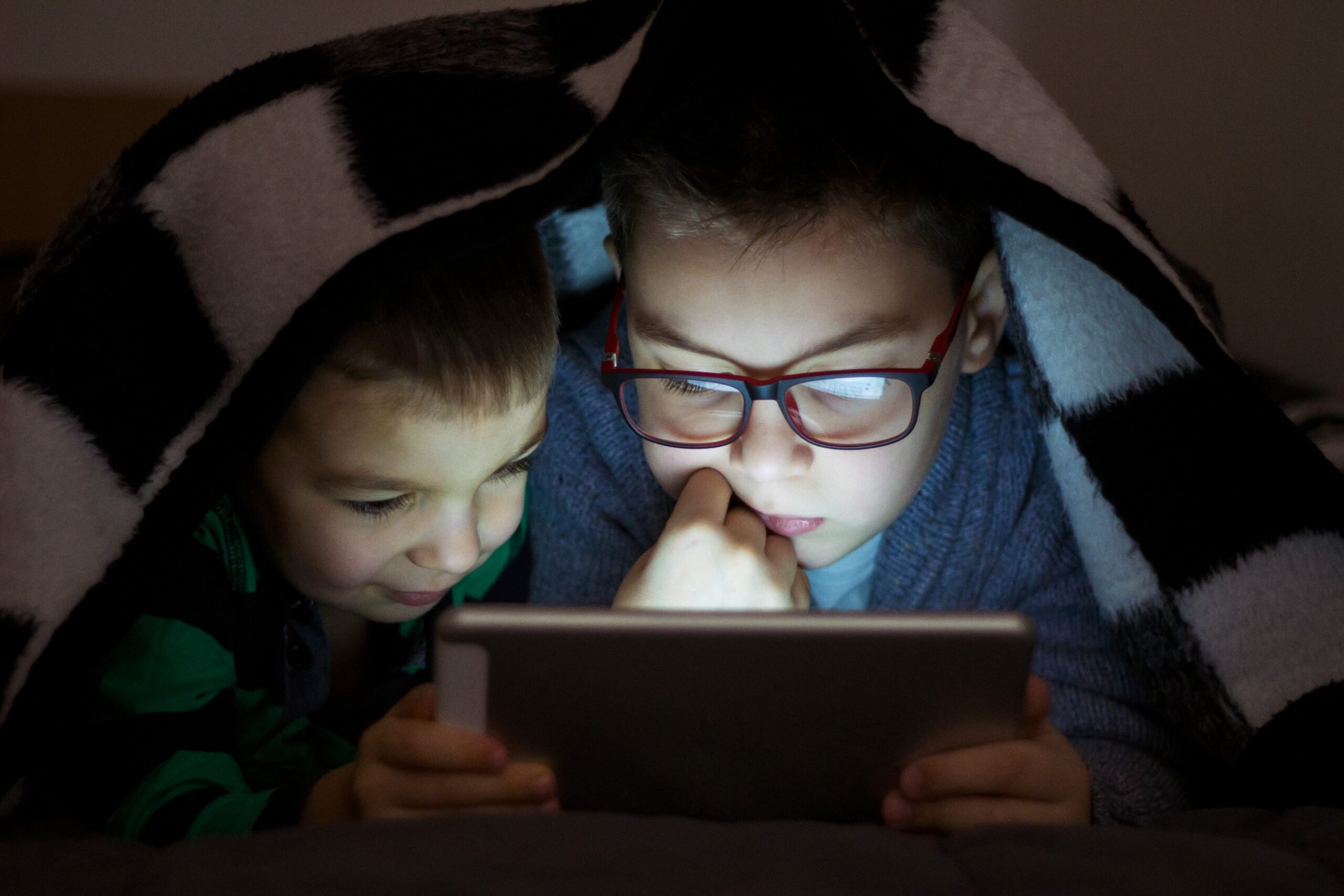In today’s digitized era, we are constantly looking for options to do things easily, even for the child’s growth. Relying on TV, mobile, or tablets has become common for parents to calm their children. But do you know these are drastically having a negative impact on their growth?
Why screens are not good for kids?
According to a professor at the Center on Media and Child Health in Boston, “It is not how much children are using screens; it is how they are using them and how their brains are responding to that.” The human brain is continuously evolving and building neural connections, and we don’t even know how this is impacting our kids.
You know, what is shocking? Nearly 37% of the parents felt that screens are impacting their child’s overall development, including social interaction, academic performance, behavior, and habits. Even studies also stated that children with exposure to more screen time show signs of developmental delays. Isn’t this concerning?
As a parent, your responsibility starts from day one. There are some tips this article will highlight for you to know how you can manage the screen time of kids.
Significances of Excessive Screen Time
- Obesity
- Behavioral problem
- Social isolation
- Lack of creativity, confidence, and self-awareness
- Irregular sleep
- Stubbornness
- Poor academic performance
- Vision problem
- Emotional disturbance
Managing screentime: Here are some tips
What parents should do is the biggest question, so here are some of the tips.
- Stop using screens before bedtime– this disturbs melatonin production, which directly impacts the sleep cycle. These hormones’ disbalance keeps your child awake and disturbs their sleep cycle.
- Let them solve their problem– learning from experiences is the best practice. Screens isolate children from real-life challenges, so add some problem-solving exercises for your child to develop critical thinking skills.
- Socialization– if they are busy doing things, they will automatically start enjoying the environment. Motivate them to socialize with others, as this will also boost their confidence and develop communication skills.
- Build interaction with your child– parents need to keep in mind that it is important for them to interact with their child properly. Play with them, help them do their homework, and talk to them about their friends and their daily tasks. Moreover, even with infants, make sure to get along with your child and make them the habit of indulging in real-time activities, not on phones.
- Let them enjoy their “Me” time– let them enjoy their time by exploring new things but without digital stimulation. This assists in boosting their self-discovery and creativity. Or you can buy some creative games for them.
- Stop using phones– you should be their role model, so first you should start building a habit of limiting phones because children often copy their parents.
- Physical activities– promote the importance of physical activities to your child. It can be either their favorite sport or playing in the park.
- Developing a screen time rule– this is very crucial and will allow them to flow with the habit of limited screen time. Discuss what they are watching, use parents’ control, keep asking them about what they are watching, ask them what they are learning from the programs, and keep them presentable the whole time. These will keep your child away from unnecessary things and limit their screen time.
Do not entertain their tantrums if they ask for more!
Note: It doesn’t matter how mature your child feels or behaves; they are just a kid. Teach them appropriate behavior and monitor their social behavior and online history. It is necessary to set boundaries because, in this digital era, you can’t allow your kid’s innocence to vanish away.
Moreover, if your child starts to behave weirdly or starts to throw tantrums, it is time to get guidance and help from the expert. Cradle Children Hospital believes that every kid needs a unique technique to deal with. Their professional expert can assist you in treating your child appropriately. Talk to the expert today!






